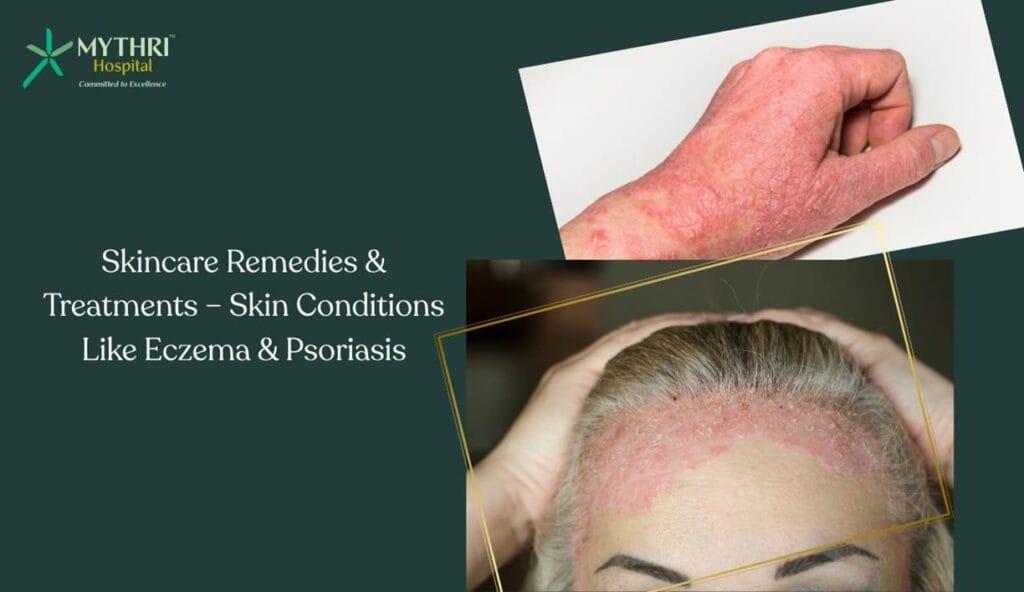Your skin is more than what you see in the mirror—it’s your body’s largest organ and one of its most important defenses. It keeps the infection out, regulates temperature, and helps you feel the world around you. But despite the important role it plays in things, skin care isn’t always at the top of the list until something is wrong. That’s where dermatology comes in—the field of medicine where a dermatologist focuses on treating your hair, nails, and skin.
What Is Dermatology?
Dermatology is a medical specialty that focuses on the diagnosis, treatment, and prevention of conditions related to the skin, hair, and nails. A dermatologist is a trained medical doctor who may treat everything from allergies and acne to life-sustaining disease like skin cancer.
The scope of dermatology is broad. It covers well over 3,000 different diseases, including:
- Acne and skin pigmentation issues
- Eczema and psoriasis
- Fungal and bacterial infections of the skin
- Hair loss and scalp conditions
- Infections and deformities of the nails
- Autoimmune skin diseases such as lupus and vitiligo
Skin cancers and precancerous skin lesions
Additionally, dermatology includes cosmetic procedures that enhance appearance—such as chemical peels, Botox, fillers, laser resurfacing, and scar revision.
Why Skin Health Matters?
Your complexion is a reflection of your overall health. Changes in its color, texture, or sensitivity can usually be the first manifestations of internal imbalances or underlying medical conditions.
For example:
- Chronic acne may be linked to hormonal imbalance or stress.
- Dryness may indicate dehydration, thyroid disease, or environmental trauma.
- Hair loss may result from nutritional deficiencies or autoimmune disorders.
- Unexplained rashes may indicate allergic reactions or infection.
That’s why visiting a dermatologist isn’t merely about being beautiful — it’s about early identification and prevention of medical issues that present on the skin.
Common Dermatological Treatments
Dermatology today has come a long way with advancements in medical science and technology. Dermatologists today use a blend of drugs, treatments, and lifestyle guidance to cure patients.
Following are some of the usual dermatological treatments and for what purpose:
Topical and Oral Preparations – Creams, ointments, and tablets are usually prescribed for eczema, acne, or infection.
- Laser Treatments – Used for rejuvenation, removal of scars, hair reduction, and pigmentation.
- Chemical Peels and Microdermabrasion – Improve texture, tone, and luminosity of the skin.
- Phototherapy – Light therapy for psoriasis, vitiligo, and eczema.
- Minor Surgical Procedures – Removal of moles, cysts, skin biopsies.
- Injectables (Botox & Fillers) – For smoothing wrinkles and defining facial contours.
- Hair and Nail Care Treatments – Treat conditions like alopecia (hair loss), fungal infections, or brittle nails.
Dermatology for Every Age
Skin problems are age-independent. Each stage of life has its own set of dermatological problems:
Children are prone to have eczema, allergy, or birthmarks.
Teenagers and young adults suffer from acne and oily skin due to hormonal changes.
Adults struggle with pigmentation, stress-induced breakouts, or hair loss.
Older individuals suffer from dryness, wrinkles, and in some instances, skin cancers that are brought about by exposure to the sun over many years.
A professional dermatologist helps with these issues at every stage so that your skin will be healthy and young-looking.
Prevention: The Best Skincare Regimen Starts with Awareness
While there are advanced treatments available, prevention and maintenance are the secrets to good skin. See below for the following dermatologist-recommended tips:
- Use sunscreen every day. Sun protection stops premature aging, pigmentation, and skin cancer.
- Drink plenty of water. Your skin reflects the hydration level of your body.
- Avoid harsh skin products. Use only gentle, prescribed cleaners and moisturizers by a dermatologist.
- Eat a well-balanced diet. Vitamins A, C, E, zinc, and omega-3 fatty acids feed glowing skin.
- Don’t ignore skin changes. Early consultation prevents worsening of small issues into chronic conditions.
- Regular checkup for your skin. Especially if you have moles, pigmentation, or family history of a skin disease.
- A proper skincare routine, along with the care of a professional, goes a long way in maintaining the skin to look and feel healthy.
The Role of Modern Dermatology
Modern dermatology has embraced innovation like never before. Advanced imaging equipment, lasers, and regenerative medicine have made treatments more effective, less harmful, and faster.
For example:
- Scars and wrinkles are eradicated by laser resurfacing with minimal downtime.
- Hair growth is treated with platelet-rich plasma (PRP) therapy.
- Microneedling with growth factors boosts collagen production to generate smoother, more youthful-looking skin.
These advances have transformed dermatology from solely medical treatment to a combination of curative and cosmetic science, boosting skin health and self-esteem.
When to See a Dermatologist?
It’s time to see a dermatologist when you experience:
- Ongoing acne or enigmatic rashes
- New or changing moles
- Rapid hair loss or scalp issues
- Persistent redness, dryness, or itching
- Non-healing cuts or marks
Even if you have no notable problems, a yearly skin check helps detect potential issues early.
Conclusion
Your skin is as much worth the same amount of care and attention you give to any other organ. Dermatology is not about being good-looking—it’s about being healthy, confident, and protected from permanent damage. Whether you’re battling acne, attempting to stave off aging, or looking for ways to solve recurring skin issues, professional dermatological care can make all the difference.
For specialized diagnosis, advanced treatments, and compassionate care, you can count on the Dermatology Department of Mythri Hospital, where highly qualified specialists merge medical expertise with individual care to bring healthy, glowing skin into your life.




